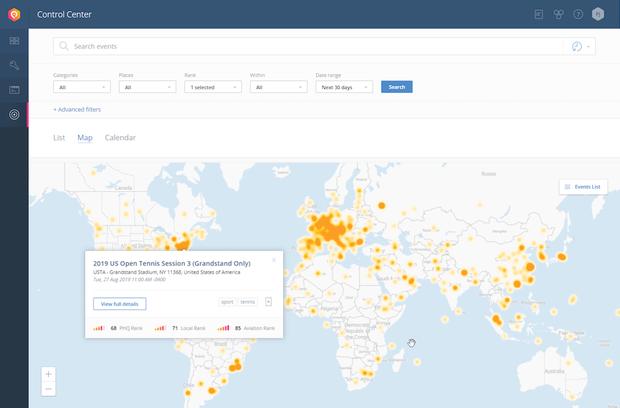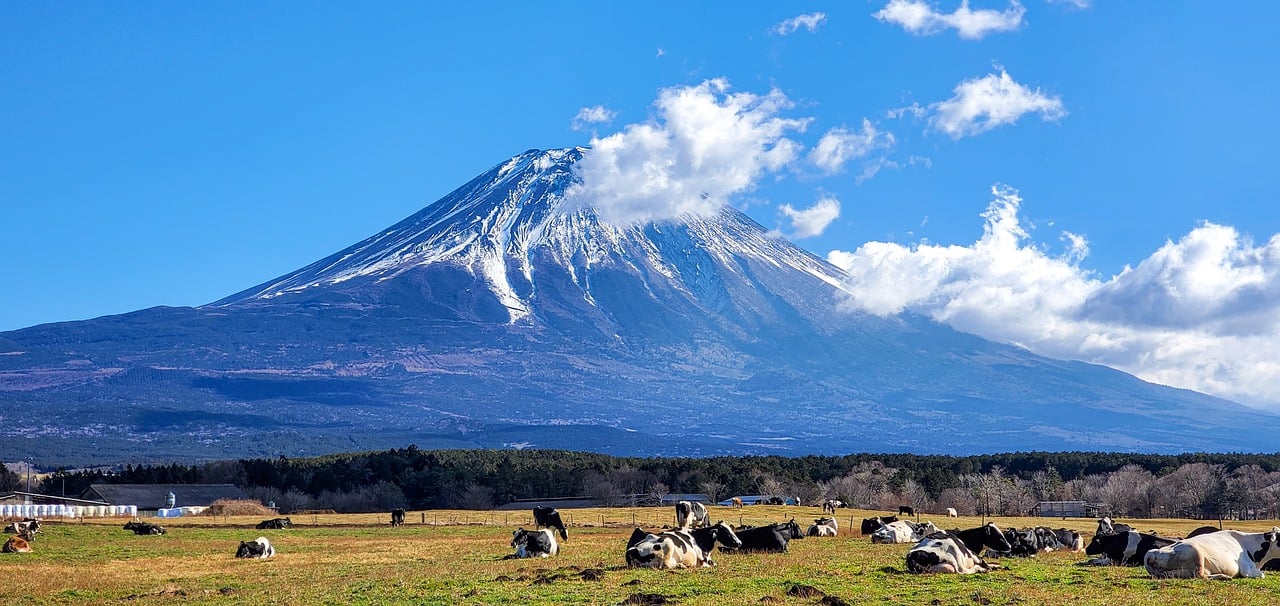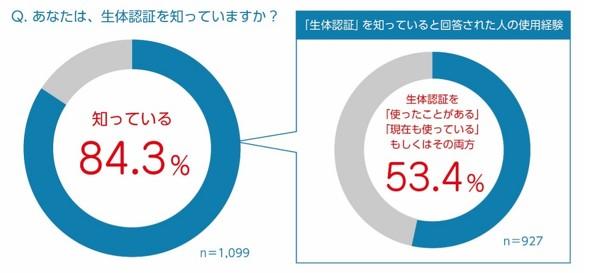Big data has emerged as a lucrative byproduct of the digital revolution. This is made possible by huge chunks of data gathered from things like smartphones, networks of sensors, cloud-based apps and databases. The meaningful insights gained from this data could, for example, allow cities to understand real-time people and traffic flows, or life insurers to document more accurate mortality rates. there is Extracting meaning from big data through analytics is today an estimated $200 billion industry, IDC recently revealed.
In such a background, PredictHQ realizes the following. The company offers a purpose-built data aggregation platform that takes information from a myriad of sources related to events (holidays, concerts, festivals, etc.), combines it with more "hard to find" data, and adds a touch of machine learning. are mixed together and sold to third-party companies through application programming interfaces (APIs).
From a low profile, PredictHQ rose to prominence last year with a US$10 million funding round and a number of high-profile clients. For example, ride-hailing giant Uber can use his PredictHQ as part of a surge pricing mechanism to help manage supply and demand, and companies like his Domino's are using big data smarts to manage how many people at once. It is possible to determine whether to prepare a driver.
Today (September 3), PredictHQ announced its first industry-specific product. It was created with airline companies in mind. A new tool called AirRank, developed in beta by a collaboration between PredictHQ and several (privately owned) European airlines, uses machine learning models to determine which global events impact demand for flight bookings. can be predicted. It targets high-profile events such as Munich's Oktoberfest and the industry event World Dairy Expo in Madison, where nearly 20,000 people fly in to attend. Major conferences can change locations from year to year, making it especially difficult for airlines to follow.
But why would an airline need a particularly dedicated product compared to, say, a ride-hailing company? Well, not all events are created equal, and some will be very attractive to inbound passengers. PredictHQ cuts through the noise to find out which events are likely to have a particular impact on flights.
PredictHQ CEO and co-founder Campbell Brown told VentureBeat:
Air ranks identify events on a unique and very specific basis. It is a measure of how much impact an event has on airline ticket bookings.
For example, a Kevin Hart comedy event would attract 40,000 people, which is highly relevant to many of our users, but does not drive domestic travel for airlines. Ultimately, big data is tricky, and just because you have more data doesn't mean you can extract meaning from it. Businesses need smart data and relevance to make decisions at lightning speed in a competitive marketplace.
It is speculated that air ranks could prove particularly useful, as a given region can attract multiple events around the same time. It detects what the company calls a "perfect demand storm" that airlines might not be able to detect by focusing on one event.
Brown continues:
One of the biggest pieces of feedback we get from our airline customers is that the real gold lies in revealing small clusters of events that are often overlooked. These perfect demand storms are often at least as impactful as the largest events.
Using a database of 20 million events worldwide, including concerts, conferences, sporting events and more, Aviation Rank predicts the impact each event will have on flights. Scores are assigned on a scale of 0 (no impact) to 100 (high impact). According to PredictHQ, the company highlights around 3,000 “high-impact” events for airlines each month.

Airlines can also filter events based on their perceived importance, for example choosing to focus only on 'highlighted' and 'major' events.
Also, aviation ranks do more than just collect event information. The underlying technology determines what type of event is going on, expected attendance, season, time of year, and more, and encompasses both structured and unstructured data. Underpinning this are machine learning and deep learning algorithms that leverage natural language processing (NLP) techniques to understand where, why and how global events are happening on flights. Find out including the impact you give.
The resulting PredictHQ Air Rank knowledge graph uses flight time series data to identify demand spikes and combines them with event data. This combination is used to train the company's machine learning system and improve its predictive models.
Other companies are also trying to bring predictive smarts to the airline industry. Montreal-based Hopper, which develops a platform that uses historical price data to tell customers the best time to buy airline tickets, has raised nearly US$200 million. And San Francisco-based Flyr, which develops a data analytics product that predicts airfare trends, recently raised US$10 million.
There are some obvious use cases for how airlines choose to use event data summaries and information. Similar to Uber's surge pricing, airline ranks can impact the pricing of flights on specific dates and times, and may be used to add additional flights to accommodate more new customers. unknown.
Brown adds:
Airline Rank reveals a number of events each month saw surges in demand that warranted airlines adding additional flights on routes in high demand and cost airlines billions of dollars in It means that it provides an opportunity for Air ranks allow for better pricing, and at the same time, a unique opportunity to tell you which events are your chance to steal market share from your competitors.
Here's the important point. Air Rank has been pitched as a way airlines can gain a competitive edge over their competitors. If an airline can predict three or four simultaneous events in a region, it can increase flights to meet demand and win more customers in the process.
Brown continues:
The vital function of airline demand forecasting has remained a guesswork for far too long. Aviation Rank is a breakthrough in demand information for the airline industry. Instead of spending hours each week searching Google for events and guessing their impact, teams can now make decisions based on facts they have instant access to and spend more time navigating the flight. You can.
And I wouldn't be surprised if PredictHQ launches other industry-specific forecasting tools in the future.
Mr Brown said.
We expect future ranks, like traffic ranks, to be unique as well. We are learning the unique details, patterns and event characteristics of each industry.
[via VentureBeat] @VentureBeat
[Original]
BRIDGE operates a membership system "BRIDGE Members". BRIDGE Tokyo, a community for members, provides a place to connect startups and readers through tech news, trend information, Discord, and events. Registration is free.Free member registration





![Customized items for the new "Toyota Noah / Voxy" appear from Modellista [Tokyo Auto Salon 2022] [News]](https://website-google-hk.oss-cn-hongkong.aliyuncs.com/drawing/article_results_9/2022/3/28/2fb1fdedaad7536dd6271db30561f588_0.jpeg)
![[New Toyota Voxy (90 series)] Amplifies the characteristics of the aero body! A design that further enhances the power of the front mask! #Works direct custom deep layer 001](https://website-google-hk.oss-cn-hongkong.aliyuncs.com/drawing/article_results_9/2022/3/25/01568e2fbf021c0eaf7d013507c850a4_0.jpeg)
![[Toyota Noah / Voxy new model] Modellista releases various customized parts ... Actual vehicle exhibited at Tokyo Auto Salon](https://website-google-hk.oss-cn-hongkong.aliyuncs.com/drawing/article_results_9/2022/3/25/8268612c1e5941e62d3dfd07f8991b2f_0.jpeg)

